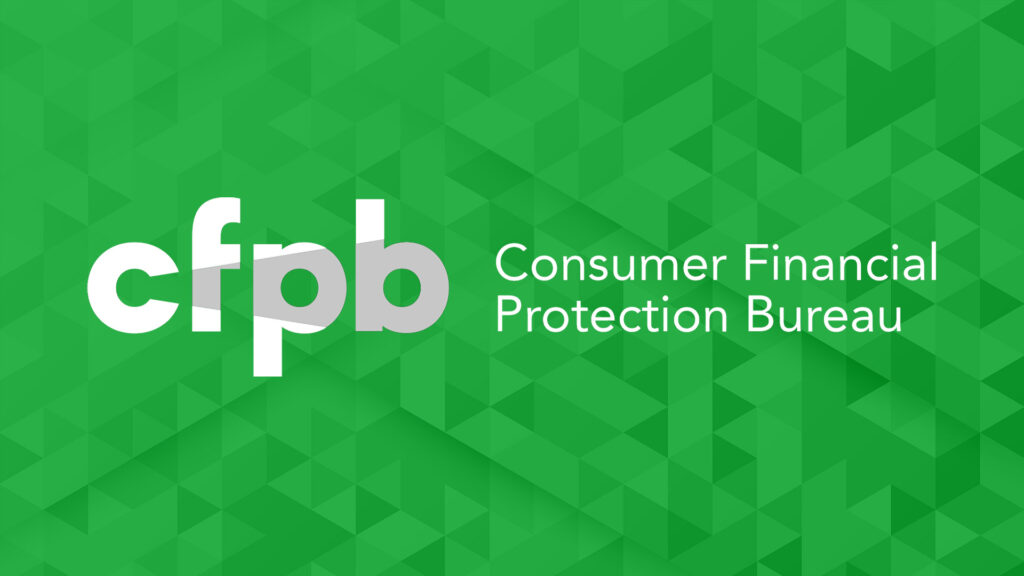On January 11, 2023, CFPB published a Notice of Proposed Rulemaking titled “Registry of Supervised Nonbanks that Use Form Contracts to Impose Terms and Conditions that Seek to Waive or Limit Consumer Legal Protections.”
The new rule would create a registry of “covered terms or conditions” and of the non-bank companies that include those terms in their form contracts. Along with many other market participants, non-bank auto finance companies who are subject to CFPB supervision (i.e., “larger participants” in the auto finance market) would be required to review all of their forms to find “covered limitations on consumer legal protections” and to file a detailed annual report describing which covered limitations are contained in which forms and for which consumer financial products.
Registration information includes enumeration of states where the forms are used and, for many covered terms, details about the precise nature of limitations imposed on consumer rights.
Of importance to the F&I product market, the proposal states that indirect auto finance contracts purchased from auto dealers are “entered into” by the indirect auto finance company. Even though auto dealers are themselves generally exempt from all CFPB jurisdiction, a supervised auto finance company is within CFPB jurisdiction and the contracts it purchases are therefore subject to reporting. The draft rule and the supplementary commentary are clear on this point.
GAP waivers are covered if they amend the lender’s rights or obligations in the case of a post-loss deficiency under the finance contract. If a GAP waiver addendum is included in a finance contract package, then any “covered terms or conditions” in the GAP addendum must also be reported because a deficiency waiver addendum is part of the purchased contract.
Other F&I product contracts appear not be covered, so long as their terms are not “applicable to the offering or provision of a consumer financial product or service” or part of a “covered form contract” that governs the consumer financial product (i.e., the installment sale contract) “acquired or purchased” by the auto finance company. It may be prudent to consider whether any common F&I products, other than GAP waivers, may slip into the definition of “consumer financial product or service,” which is very broad under the Dodd-Frank Act, and whether any such products might arguably be part of the financial product purchased by the lender.
Annual reporting is triggered by the use of a “covered form contract” that contains a “covered term or condition.” The definition of “covered term or condition” is both targeted and broad. It includes:
- Provisions limiting the time a consumer may bring a legal action;
- Forum and venue selection clauses;
- Class action limitations;
- Caps on creditor liability or limits on consumer remedies;
- Waivers of a legal cause of action;
- Limits of the consumer’s ability to post or publish reviews or complaints;
- Mandatory arbitration; and
- Waiving, whether by extinguishing or causing the consumer to relinquish or agree not to assert, any other identified consumer legal protection, including any specified right, defense, or protection afforded to the consumer under Constitutional law, a statute or regulation, or common law.
The final catch-all provision may sweep in many common legal boilerplate terms, such as the waiver of presentment and notice of dishonor found in every note form, which arguably are a consumer’s rights or protections under Article 3 of the UCC, and which are likely well outside CFPB’s intent to sweep in potentially misleading or unfair terms.
There are special reporting requirements for forms provided by a third party for use in transactions by multiple businesses, which likely would apply to form GAP waivers provided by an administrator or product provider.
In the proposal, CFPB explains the consumer risks that it seeks to monitor through the registry. According to CFPB, “covered terms” may pose risks to consumers who may not notice the fine print until there is a problem, at which point their legal rights are limited or their remedies constrained. This despite the fact that none of the “covered terms or conditions” are necessarily illegal. Terms must be reported whether they are legally enforceable or not. To the extent that such terms are, in fact, unenforceable, then they risk deceiving consumers about their rights. According to the Bureau, so-called “adhesion” contracts magnify these risks of surprise and deception , even if some terms of the contract, such as price, are negotiated.
The CFPB intends to gather information and publish a dataset of exactly who uses what contract terms and how they work to limit consumer rights. That information is hoped to be useful to both regulators and consumers. The Bureau states that the proposed registry will promote a “fair, transparent and competitive consumer financial marketplace” and that it will use the registry to further its statutory market marketing functions and to prioritize its examination of non-banks. If assembled with the Bureau’s usual online panache, it may well be a “wall of shame” for lenders, which raises the question whether lenders should permit the disfavored terms to be used at all in covered F&I products that they finance.
One thing is clear: Failure to accurately register and report under the rule would itself be a violation of the Dodd-Frank Act, punishable in a CFPB enforcement action.
Comments on the proposal are due by the later of March 13, 2023, or thirty days after the proposal is published in the Federal Register.
Related reading:
CFPB proposes registry for supervised nonbanks using form contracts containing arbitration provisions, waivers, or other limits


